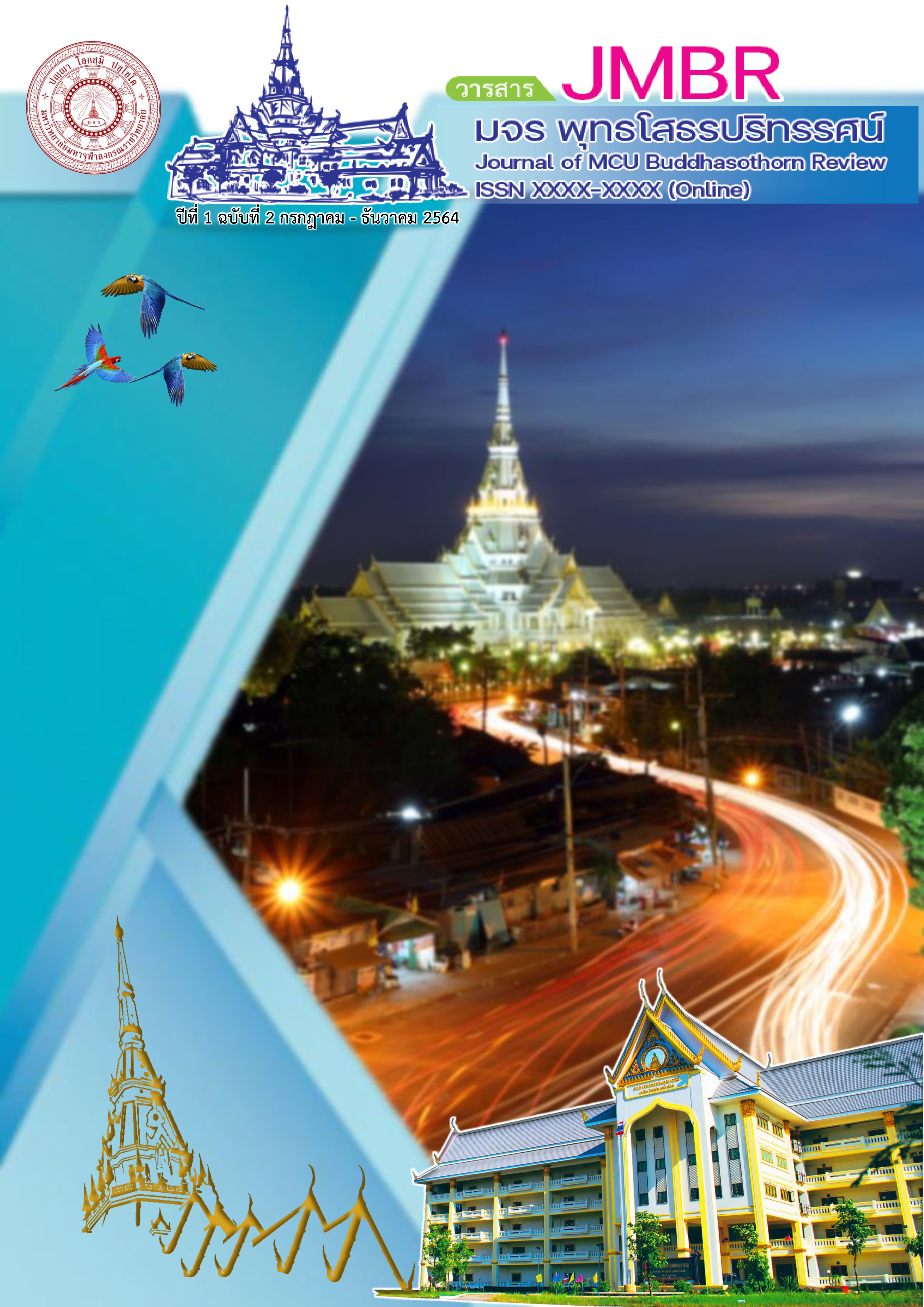The Voice of Non-native English Teacher
Main Article Content
Abstract
This paper attempts to study the pioneering model of “World Englishes” introduced by Kachru during the 1980s that assigns the presence of English into three concentric circle: The Inner Circle, The Outer Circle, and The Expanding Circle. The Inner Circle incorporates the countries where English is used as a native language and as a first language among individuals. These countries include the USA, the UK, Canada, Australia, and New Zealand. The Outer Circle implies the nations where English is utilized as a second language. These countries which belong to this section are such as India, Malaysia, Singapore, Kenya, etc. The last circle is The Expanding Circle and it comprises of the countries where English is used as a foreign language, such as Thailand, Japan, China, Korea, Turkey, and others.
Although the three concentric model was the first publicized, it has also been questioned and criticized by number of researchers and linguists due to the unclear of its membership, and its vagueness has brought various challenges to non-native English teachers throughout the world. Therefore, this paper likewise addresses some of the challenges and obstacles which non-native English teachers may encounter when ones work in Thailand, and the strengths of non-native English teachers are additionally included so as to raise an awareness in the field of English Language Teaching in Thailand as well as individuals in general, and to draw out the best in all non-native English teachers.
Article Details
ต้นฉบับที่ได้รับการตีพิมพ์ในวารสาร มจร พุทธโสธรปริทรรศน์ วิทยาลัยสงฆ์พุทธโสธร มหาวิทยาลัยมหาจุฬาลงกรณราชวิทยาลัย ถือเป็นกรรมสิทธิ์ของวิทยาลัยสงฆ์พุทธโสธร มหาวิทยาลัยมหาจุฬาลงกรณราชวิทยาลัย ห้ามนำข้อความทั้งหมดหรือบางส่วนไปพิมพ์ซ้ำ เว้นเสีย แต่ว่าจะได้รับอนุญาตจากวิทยาลัยฯ เป็นลายลักษณ์อักษร และเพื่อให้เป็นไปตามกฎหมายลิขสิทธิ์ ผู้เขียนทุกท่านต้องลงลายมือชื่อในแบบฟอร์มใบมอบลิขสิทธิ์ บทความให้แก่วารสาร พร้อมกับบทความต้นฉบับที่ได้แก้ไขครั้งสุดท้าย นอกจากนี้ ผู้เขียนทุกท่านต้องยืนยันว่าบทความต้นฉบับที่ส่งมาตีพิมพ์นั้น ได้ส่งมาตีพิมพ์เฉพาะในวารสาร มจร พุทธโสธรปริทรรศน์ เพียงแห่งเดียวเท่านั้น
References
Bruthiaux, P. (2003). Squaring the circles: Issues in modeling English worldwide. International Journal of Applied Linguistics, 13(2), 159-178. https://doi.org/10.1111/1473-4192.00042
Coulmas, F. (2013). Sociolinguistics: The study of speakers' choices. New York: Cambridge University Press.
Golchin, A. (2015, May 9). The Most Common Reasons Why People Immigrate to US. San Diego Immigration Law Center. https://sandiegoimmigrationlawcenter.com/the-most-common-reasons-why-people-immigrate-to-us/.
Jenkins, J. (2006). Current perspectives on teaching World Englishes and English as a lingua franca. TESOL Quarterly, 40, 157 – 181.
Jenkins, J. (2007). English as a lingua franca: Attitude and identity. Oxford: Oxford University Press
Kachru, B. (1985). Standards, codification and sociolinguistic realism: English language in the outer circle. In R. Quirk and H. Widowson (Eds.), English in the world: Teaching and learning the language and literatures (p. 11-36). Cambridge: Cambridge University Press.
Maum, R. (n.d.). Nonnative-English-Speaking Teachers in the English Teaching Profession. ERIC Digest. https://www.ericdigests.org/2003-4/teaching-profession.html.
Medgyes, P. (1996). Native or non-native: Who's worth more? In T. Hedge & N. Whitney (Eds.), "Power, pedagogy & practice" (pp. 31-42). Oxford: Oxford University Press.
Modiano, M. (1999). International English in the global village. English Today, 15(2), 22-27. https://doi.org/10.1017/S026607840001083X
Modiano, M. (1999). International English in the global village: English Today. Cambridge Core. https://doi.org/10.1017/S026607840001083X.
Mohammad, A.-M. A. (2019, December). Kachru's Three Concentric Circles Model of English Language: An Overview of Criticism & the Place of Kuwait in it. files.eric.ed.gov. https://files.eric.ed.gov/fulltext/EJ1239144.pdf.
Mollin, S.(2006). Euro English. Assessing Variety Status. Tubingen: Gunter Narr.
Phillipson, R. (1992). "Linguistic imperialism." Oxford: Oxford University Press.
Phillipson, R. (1996). ELT: The native speaker's burden. In T. Hedge & N. Whitney (Eds.), "Power, pedagogy & practice" (pp. 23-30). Oxford: Oxford University Press.
Rampton, M. (1990). Displacing the ‘native speaker: Expertise, affiliation and inheritance”. ELT Journal, 44(2), (97-101). https://doi.org/10.1093/elt/44.2.97
Wardhaugh, R. (1992). (2nd ed.). Oxford: Blackwell.
Wong, R. (2018, February). Non-native EFL Teachers’ Perception of English Accent in Teaching and Learning: Any Preference? researchgate.net. Non-native EFL Teachers’ Perception of English Accent in Teaching and Learning: Any Preference?


